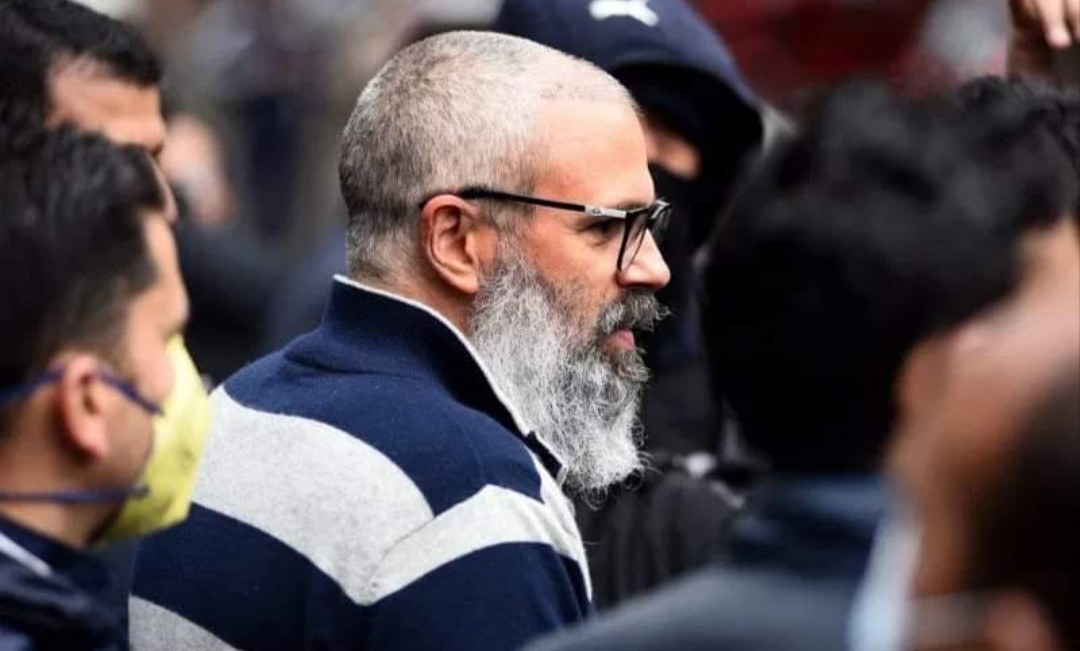Srinagar: Senior National Conference leader Omar Abdullah said his party stands on Gupkar declaration after New Delhi abrogated Article 370.
“The Gupkar declaration stands. But what it means for the road ahead can only be discussed when all those in the meeting have the freedom to discuss it. Moreover, we have not had a common fight on August 5 decision.
Some of us as individual entities have gone to court to protest the decision, but the PDP has chosen not to challenge it in court. Once all the leaders are out of detention, they can meet and decide on whether to coordinate in the future,” Omar told a national daily The Hindu in an interview.
As per the news agency Kashmir Indepth News Service (KINS), Omar said there was an element of gender bias in Article 35-A.
“Yes, I accept there was an element of gender bias in 35A, which could have done with correction. I have within the party discussed there might be a need to widen the scope and involve the civil society to acknowledge the gender bias in 35A and correct it ourselves.
In fact, I often cited the example of the triple talaq ruling. If the Muslim intelligentsia had themselves acknowledged the problem of triple talaq and done away with it without the courts needing to have stepped in, it would have been better.”
“With regard to refugees, those refugees were not State subjects of J&K. A State has the right to choose who its domiciles should be. Other States do the same. Himachal Pradesh, Union Territories (UTs) like Andaman, Lakshadweep and the Northeast have their own domicile laws and J&K chose its own domicile law.
If there was any element of discriminatory nature in the domicile law, the BJP was part of power with (Peoples Democratic party president) Mehbooba Mufti and Mufti Muhammad Sayeed, why did they not do it while in the government?
Why did they have to completely dismember J&K?
Why did you have to completely alter constitutional relationship between J&K and the rest of the country to correct these things?” he said.
The National Conference leader said last year, the people of India were told that Jammu and Kashmir needed to be brought at par with the rest of the country, that one nation can’t have two systems, and that Jammu and Kashmir had suffered because of Article 370, because of militancy and separatism and violence, and also because of poverty, absence of development, and because of corruption.
“One year later, we are forced to ask what has changed?
Are those people who were alienated, feeling any less so?
Is violence any lower?
Has investment suddenly started flowing in?
Is corruption any less and is governance any better?
Has there been a reverse exodus of the Kashmiri Pandits, whom we were told had been held back because of Article 370?
The truth is, not a single claim stands the test of scrutiny,” the former chief minister said.(KINS)

